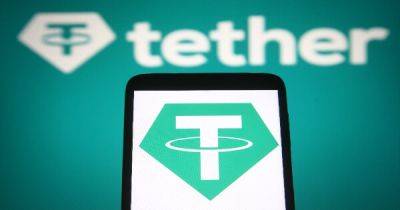Keep it simple: Cryptonauts shares tips on growing a crypto YouTube channel
While the term “fake news” has been floating around for a while, the phrase was given new life and popularity when former United States President Donald Trump turned it into a viral campaign slogan. “Fake news” eventually became a generation-defining meme, and this is likely because there is a certain truth to the phrase that resonates with the public to this day.
Media does occasionally make mistakes in its reporting, and even Cointelegraph is not immune to this. At the same time, news anchors, journalists and media companies are also known to cast aside objectivity and inject their personal opinions — or those of their paid sponsors — into what is promoted as strictly fact-based news.
In 2023, this has become a crisis facing crypto content creators. The proverbial “jig” is up, and many investors are now well aware that much crypto-focused content has an ulterior motive of shilling a particular coin or, in some cases, an unannounced paid sponsor backing the content of the day. As a result of the broader fallout, several professional and hobbyist crypto content creators have told The Agenda that maintaining and growing their subscribers has been a challenge this year.
On Episode 22 of The Agenda, hosts Ray Salmond and Jonathan DeYoung spoke with Nathan Leung, co-founder and host of the Cryptonauts YouTube channel, about the nuts and bolts of educating and onboarding new users to crypto on YouTube — and how to remain ethical while doing so.
Leung told The Agenda that when attempting to separate oneself from all the chaff, “humanizing” the content is a useful and effective tactic, given that “in times like this, everyone’s like, ‘NFTs are a scam, blah, blah, blah. Everything’s a scam.’” But as he points out, “There’s also good
Read more on cointelegraph.com






















